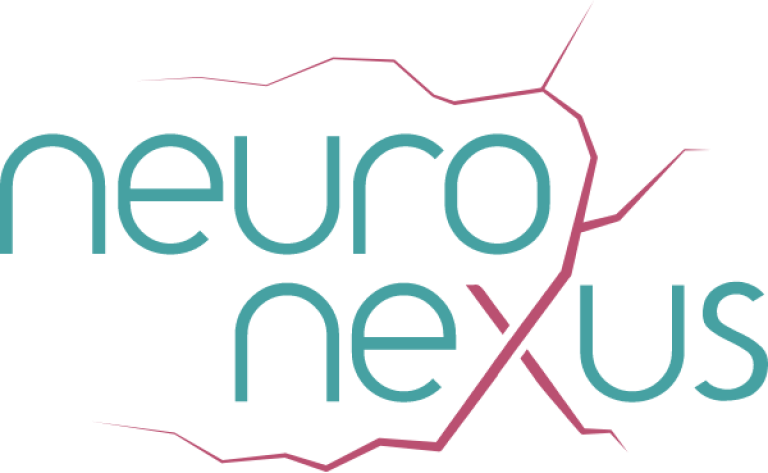Integrated Functional Neurology Assessment Kiosk
Champion Name
Organization
DragonFly MedTech and NeuroKinetics ClinicChallenge ID
Project Track
Skills Needed
Develop prototype and market assessment for medical assessment kiosk to capture posture and eye tracking
There is a broad range of neurology related assessment tools on the market but is up to each health care practitioner to select and understand their function. Too few practitioners understand what to select or how to use them together for a more thorough understanding of their patient’s health condition, performance status, and type and degree of incapacitation. There is opportunity to increase user’s diagnostic and therapeutic efficiency with creating an easy-to-use an integrated kiosk that can measure, and track multiple specific neurophysiological parameters over time for patients. This allows for consistent, objective data collection of progress, such as for post-concussion conditions. Healthy ocular-motor performance is required for effective posture, gait, and space perception, which all rely on integration of sensory-motor and cognitive processing capability. All are indicators of satisfactory brain health and performance.
The initial testing areas will include oculo-motor and posture assessment, with the ability to add additional testing areas later, such as balance performance. The patient will stand inside the interactive kiosk/booth which will semi-automatically collect the specified assessment data into a text file on a USB drive, and will print an easy-to-read report that compares patient’s data to relevant documented norms. A foldable/portable kiosk frame will be built that houses all the components and supports 1) a hook for balance safety harness (added later), 2) a cover to darken the testing area, and 3) small bench for patients to rest between tests. Computing ability is needed, such as with a Raspberry Pi, to enter and coordinate measurement collection, including a keyboard, and small flat screen. It will need to store data to USB and to print. There is opportunity to leverage existing low cost technologies such as Microsoft Kinect and Nintendo Wii (later) for data collection, as applicable. Assessments needs to be touchless to reduce physiological bias from the environment, so the project will likely need to modify existing technologies to achieve this. There are SDKs and sample code that can be leveraged in several areas.
